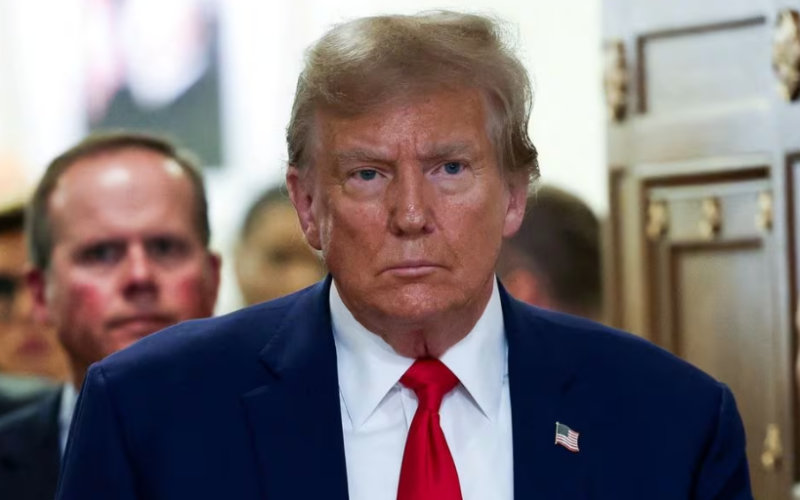In a significant legal setback for former President Donald Trump, a federal appeals court has rejected his claims of immunity in a lawsuit alleging election interference. The ruling marks a decisive moment in the ongoing legal battles surrounding the 2020 presidential election and underscores the importance of accountability and transparency in the democratic process.
The case in question revolves around allegations that Trump, along with his associates, engaged in efforts to overturn the results of the 2020 election through intimidation, coercion, and other unlawful means. The plaintiffs, which include election officials and advocacy groups, argue that Trump’s actions constituted a violation of their constitutional rights and undermined the integrity of the electoral process.
Trump, however, has repeatedly denied any wrongdoing and sought to shield himself from legal liability by asserting claims of presidential immunity. Citing the principle of executive privilege, Trump’s legal team argued that he was immune from prosecution for actions taken in his official capacity as president, including those related to the election.
The appeals court’s decision to reject Trump’s immunity claims represents a significant blow to his legal defense strategy and opens the door for the lawsuit to proceed to trial. In its ruling, the court cited longstanding legal precedent and constitutional principles, emphasizing that no individual, regardless of their position or authority, is above the law.
The ruling comes amidst mounting scrutiny of Trump’s conduct leading up to and following the 2020 election, including his relentless efforts to challenge the validity of the results and sow doubt about the integrity of the electoral process. Critics have accused Trump of undermining democracy and inciting violence with his baseless claims of widespread voter fraud, which have been debunked by numerous courts and election officials.
The appeals court’s decision is likely to have far-reaching implications not only for Trump but for future presidents and public officials as well. By reaffirming the principle of accountability and rejecting claims of immunity, the court has sent a powerful message that the rule of law must be upheld, and those who seek to undermine democratic norms will be held accountable for their actions.
The ruling also underscores the critical role of the judiciary in safeguarding the integrity of the electoral process and ensuring that all citizens have equal access to the ballot box. In a democracy, the right to free and fair elections is sacrosanct, and any attempt to subvert or undermine this fundamental principle must be met with swift and decisive legal action.
As the lawsuit against Trump moves forward, the eyes of the nation will be watching closely, eager to see justice served and accountability upheld. Regardless of the outcome, the appeals court’s decision represents a victory for democracy and the rule of law, reaffirming that no individual, no matter how powerful, is above the law.








